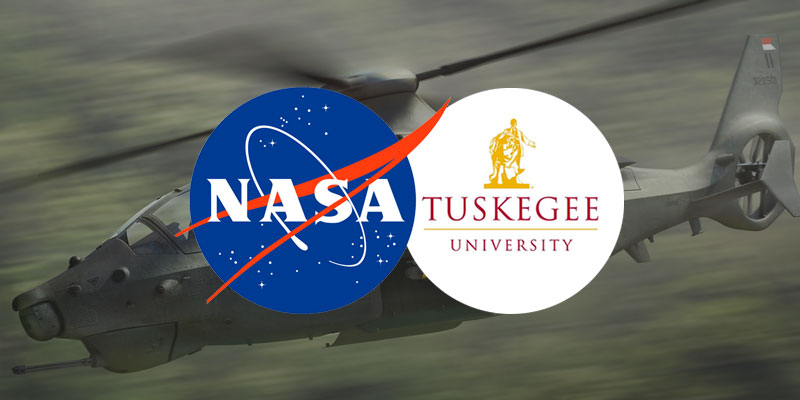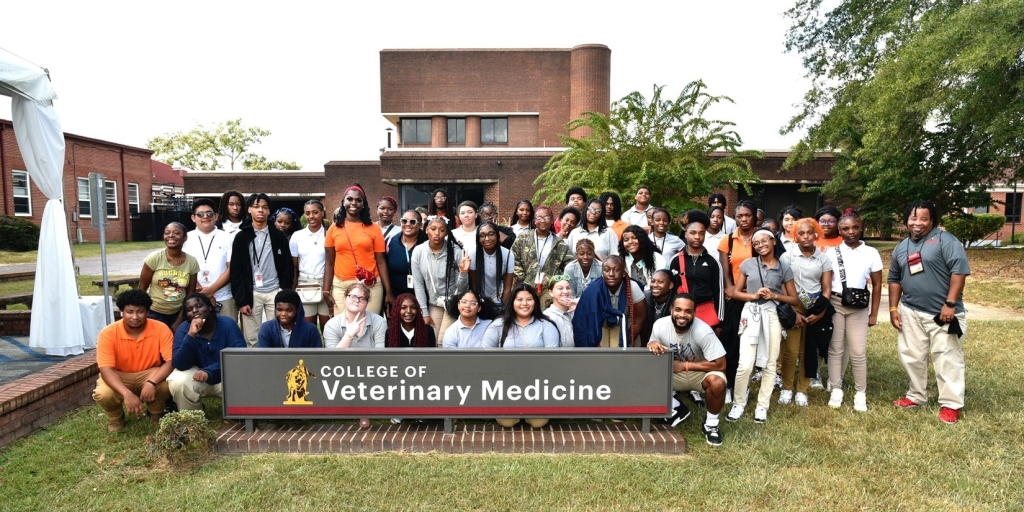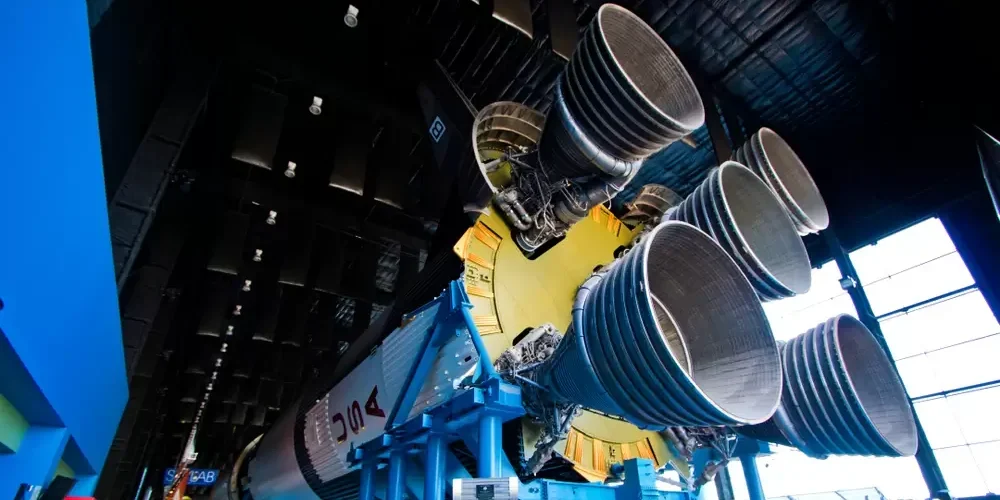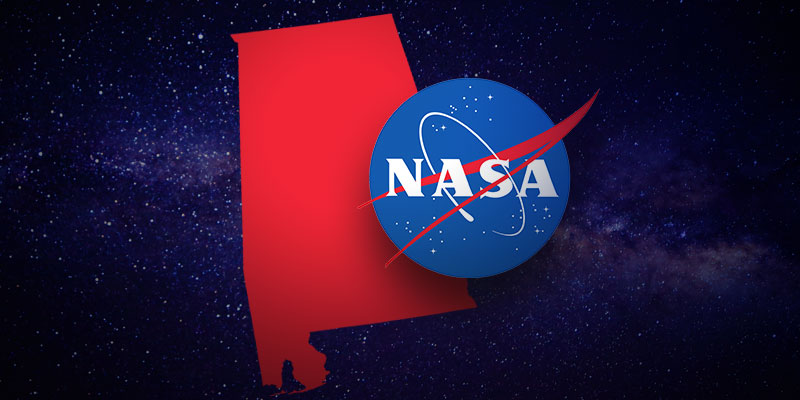Alabama’s Tuskegee University is one of three universities across the country that have been selected for a NASA program to provide students at minority-serving institutions the education and experience needed to help address manufacturing needs in the American aerospace sector.
The agency on Wednesday announced that the Minority University Research and Education Project (MUREP) of NASA’s Office of STEM Engagement is partnering with the agency’s Aeronautics Research Mission Directorate to manage the MUREP Aerospace High-Volume Manufacturing and Supply Chain Management Cooperative.
This program will provide almost $1.5 million to fund curriculum-based learning, research, training, internships and apprenticeships at Tuskegee, as well as the University of Texas at El Paso (UTEP) and Virginia State University in Petersburg, to meet the growing demand for expertise and techniques in high-volume aerospace manufacturing.
During the next two years, these three institutions will develop innovative opportunities for students to learn about designing and building aerospace parts using high-volume manufacturing practices, as well as supply chain management of those parts, according to a NASA release.
Tuskegee’s involvement in the program focuses on 3D printing, otherwise known as additive manufacturing.
Tuskegee’s funded proposal is entitled, “Impact of Additive Manufacturing on Aerospace High-Volume Manufacturing and Supply Chain Management: Workforce Alignment through Research and Training.”
The proposal was described as follows:
In recent years, the U.S. aerospace industry has struggled to meet the growing global demand for aircraft and parts, resulting in all-time-high order backlogs, unsustainable spare parts inventories, and lost opportunities for growth. TU (Tuskegee) will work with Bell Helicopter and NASA to accelerate the integration of 3D printing into high-volume aerospace manufacturing and supply chain management for helicopters and uncrewed aerial vehicles, also known as drones.
Bell will identify critical helicopter parts and work with TU to develop a complete business case for the use of 3D printing in the manufacture of these parts – from analyses of current manufacturing and supply chain practices, to development of executable 3D manufacturing plans. In the drone track, TU teams will incorporate 3D printing into the design, build, and test phases of drone development to improve the functionality and performance of these aircraft. The work will be conducted in increments to allow for continuous assessment of the quality performance of 3D-printed parts.
Bell operates an assembly facility in Ozark.
Sean Ross is the editor of Yellowhammer News. You can follow him on Twitter @sean_yhn













